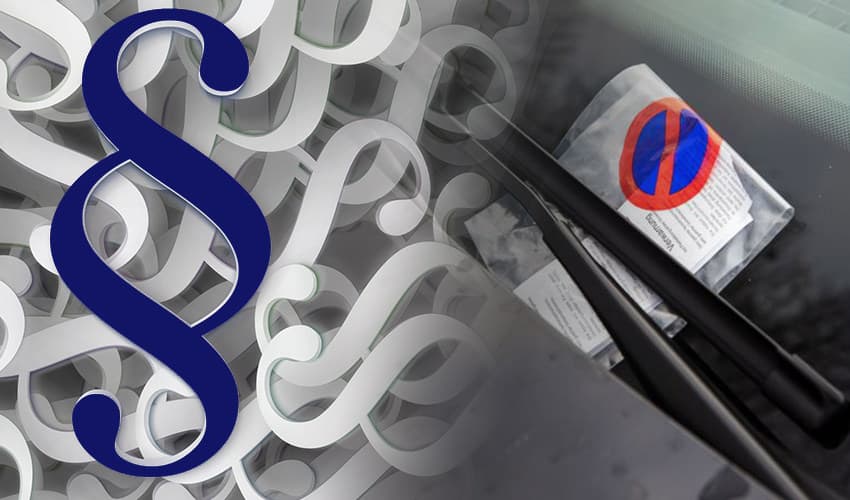
Does the payment of fines by the employer count as wages?
How is it to be assessed if the employer pays warning fines that were incurred in the context of the employment relationship in road traffic? The Federal Fiscal Court has now dealt with this question.
The facts of the case
The case in question involved a company in the parcel delivery sector. In order to ensure fast and smooth delivery of parcels to customers, the employer (in this case the plaintiff) had instructed its parcel delivery staff to park in pedestrian and no-stopping zones where no special permits were available. The plaintiff had promised his employees that he would pay the resulting fines.
If these payments were classified as wages, they would have to be taxed accordingly with income tax and taken into account in social security contributions. However, as warning fines are not deductible, a reduction in company profits is only possible if these payments are classified as wages. This question is therefore equally relevant for both employees and employers.
Tax court contradicts tax office
In addition to salaries and wages, income from non-self-employment also includes other remuneration and benefits granted to employees in return for their work.
The tax office had taken the view that the employer had exempted its drivers from the obligation to pay the warning fines by paying them. Accordingly, the employees had received a monetary benefit. These payments were therefore to be classified as wages for the respective drivers and were therefore taxable.
However, this was contradicted by the tax court. In its opinion, there was already no inflow to the employee. The fines had been assessed against the company. Therefore, the employer paid on its own debt and did not release its employees from this liability.
However, the payments could also be classified as wages if the employer had a right of recourse against the employee and waived it. The waiver of a realizable claim constitutes a pecuniary benefit and can therefore qualify as wages. However, the tax court denied such a right of recourse.
The BFH contradicts the tax office and the tax court
In an earlier ruling, the BFH classified the payment of fines imposed directly on a company's drivers as wages. However, this case is not comparable with the present case.
It is correct that the fines were imposed on the owner of the vehicles and that the employer has therefore settled its own liability. There is therefore no inflow to the employee in this respect.
The Federal Fiscal Court nevertheless overturned this ruling and referred it back to the Fiscal Court for a new hearing. It had not been sufficiently clarified whether and, if so, to what extent the company had a right of recourse against its drivers. On the basis of the facts established by the tax court, a final assessment was not possible. Further findings were therefore required in this regard.
If such a realizable recourse claim of the company against its drivers existed, wages would exist in the amount of the unasserted recourse claim.
Important for practice
According to this case law, it has therefore been clarified that it is essential for the classification as wages whether fines were imposed on the company or on individual drivers. However, it is also possible that fines imposed on the company are to be classified as wages if there is a right of recourse against the respective employee.
According to Section 4 para. 5 sentence 1 no. 8 EstG, fines from authorities are not deductible. However, if payments made by the employer are to be classified as wages, they can be deducted as business expenses.







